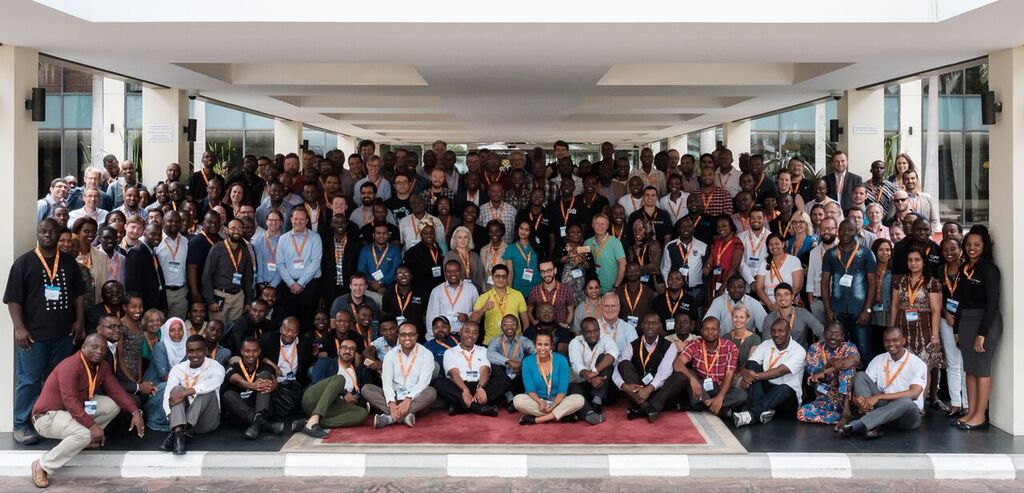Day Three Summary: Back To Basics
 Day three at AfPIF usually discusses business issues; how to develop business models for the IXP, infrastructure or content business.
Day three at AfPIF usually discusses business issues; how to develop business models for the IXP, infrastructure or content business.
It is the day that those with experience in running businesses share with others and explore ways to improve or engage the partners in areas where it might be needed.
The keynote speech was on new market evaluation strategy guide, which is a roadmap for investors in a new market. For an international investor, it is important to learn the cultural nuances; what might be acceptable in one culture is not necessarily acceptable in another.
If in a new country and seeking service providers, it is important to confirm the particular service by vising the facility before committing financially, inspect networking hardware and availability of cross connect partners.
When it comes to expanding networks, the move now is to “bring the world to Africa and take Africa to the world”. A panel discussion explored various strategies put in place to guarantee increased investments within and outside Africa.
London, Amsterdam, Marseille and Fujairah were identified as the main peering points for African networks seeking global transit. However, Portugal and Madrid are said to be coming up fast, for providers along the West African coast.
There are more fiber optic cables coming up; Liquid Sea and Angola Cables are the current confirmed ones. The Angola Cables submarine cable will connect with Brazil and the US coastal city of Miami, delivering 40Tbps of capacity in 2018. Angola Cables is also connecting West Africa to Portugal.
While the region has $3 billion of cable investments, the new cables are targeting unconnected countries, offering diversity, increasing competition to further drop the cost of connectivity, and providing services to new players in the market, who may not be connected with the existing infrastructure.
Should an IXP operate as a business or not?
One of the questions asked during the IXP business models was whether an IXP should operate as a business or on voluntary basis for the benefit of the community. It was argued that many players in the community had donated equipment and volunteered to help set up IXPs in various parts of the continent.
The decision whether to operate as for-profit, non-profit or offer free services is left to the operators but discussions made it clear that IXPs grow because of people’s relations and not because of any particular business model.
Closing Remarks
Over the past seven years, AfPIF has enjoyed support from the community and sponsors; both local and international. This year there were 298 participants, compared to 232 last year, women participants rose to 39 compared to 28 last year; Senegal still holds the record with 50 female participants. In the live stream, 839 unique views were recorded from 28 different countries. There were 23 sponsors compared to 18 last year.
Bilateral meetings are a key feature at AfPIF, where participants share challenges and solutions; this year, there were 165 meetings recorded, compared to 106 meetings held last year.